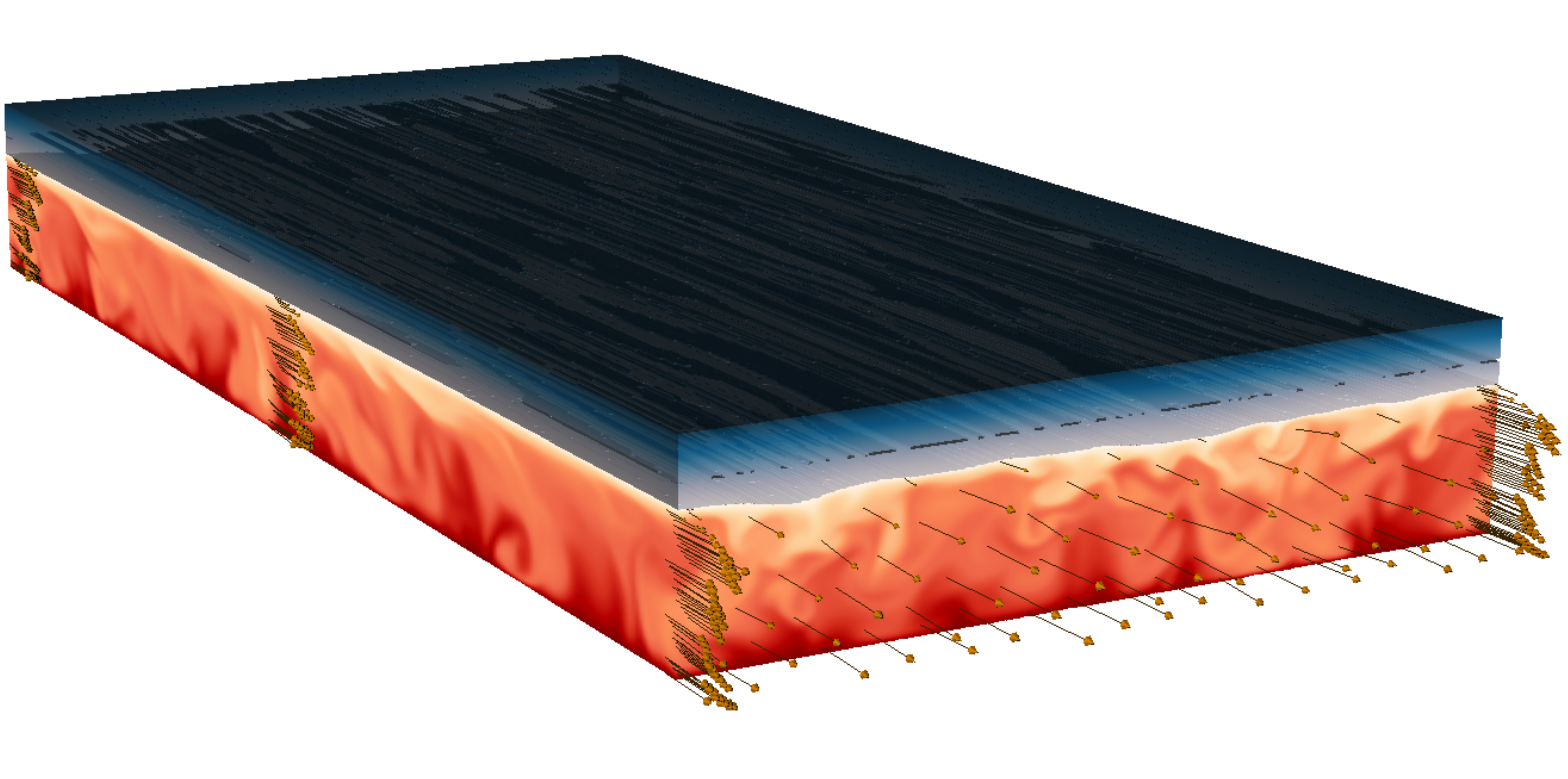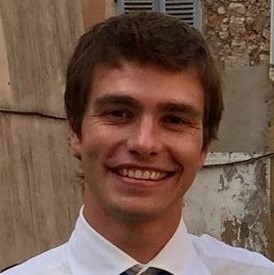My name is Louis-Alexandre Couston and I am an assistant professor of physics at the Université de Lyon and ENS de Lyon since 09/2020.
If you’re looking for me or want to reach out, try
- my email: louis.couston[AT]ens-lyon.fr, or
- my office: M1 020, ENS de Lyon, 46, allée d’Italie, 69007, Lyon, France.
Announcements
I do not have PhD or postdoctoral funded positions to offer at the moment. Prospective students or postdocs with an interest in ocean and atmospheric physics, the cryosphere, and/or space exploration (icy moons) are still encouraged to send me an email as funding opportunities can arise anytime!
- Fluid mechanics (M1)(TD)
Current Teaching (Fall 2020)
Thermodynamics and heat transfers: Part I (L1)(CM/TD/TP)
Fluid mechanics (M1)(TD)
Research Projects
This is the list of my most recent projects. Go to the relevant tabs for more information.
MIMOP: Modelling Ice-shelf Melting and ice-Ocean Processes (active)
SLD: Subglacial Lake Dynamics (active)
SCENT: upSCale Energy transfers in NaTure (dormant)
Brief CV
I’ve spent 7 years abroad. Don’t hesitate to ask if you’re interested in moving to or collaborating with the UK or US.
2020-present, Université de Lyon & ENS de Lyon, Lyon, France, Assistant professor
2018-2020, British Antarctic Survey, Cambridge, UK, Marie Curie postdoctoral fellow
2016-2018, IRPHE, CNRS, Marseille, France, Postdoctoral research assistant
2011-2016, TAFlab, UC Berkeley, California, USA, Graduate student researcher
2008-2011, École Polytechnique, Palaiseau, France, Undergraduate student
Research Interests
These are the kind of keywords that go into the paper I write.
Geophysical Fluid Dynamics (turbulence, waves, large-scale flows, stratification, rotation)
Hydrodynamics (instability, wave scattering, wave-wave resonance)
Thermodynamics (phase changes)
Earth and Space Science (ocean and atmospheric dynamics, planetary cores, subglacial lakes, icy moons)
Solution Methods
This list is not exhaustive. I also hope to get some experiments going soon.
Applied mathematics (model reduction, asymptotic and perturbation analysis, spectral analysis)
Computer simulations (direct numerical simulations, high-performance computing, immersed boundary methods, phase field methods)
Gallery

